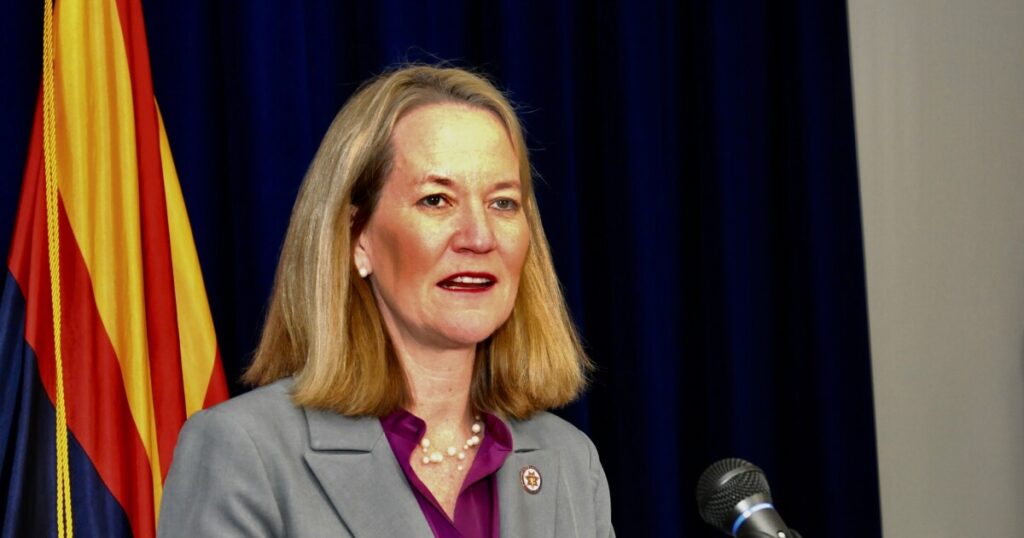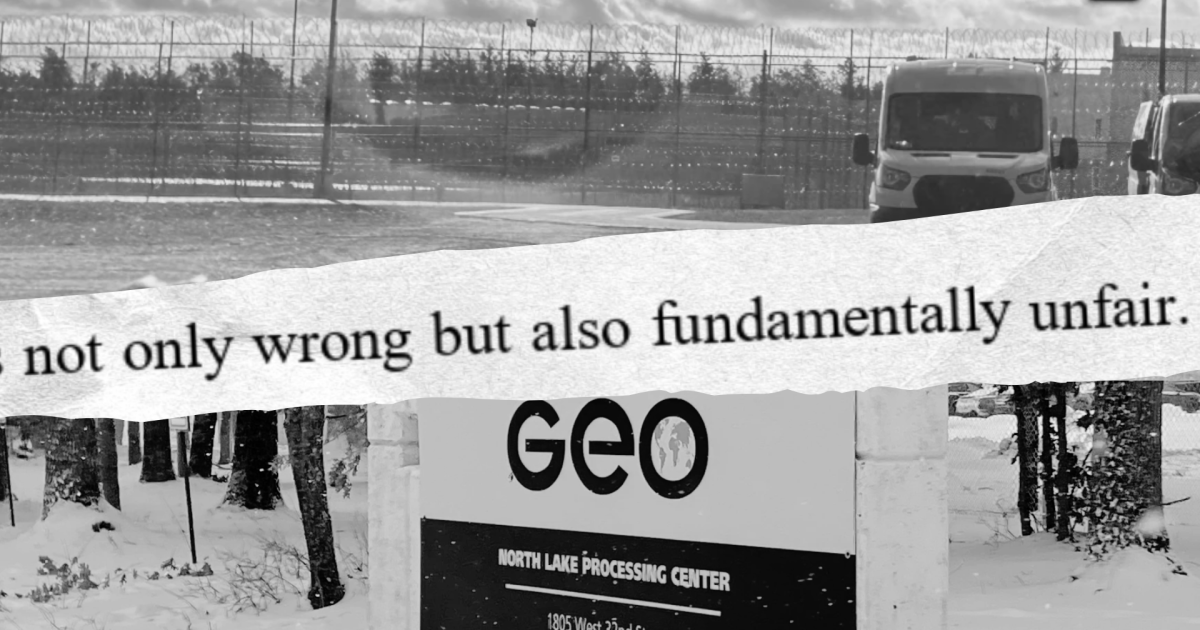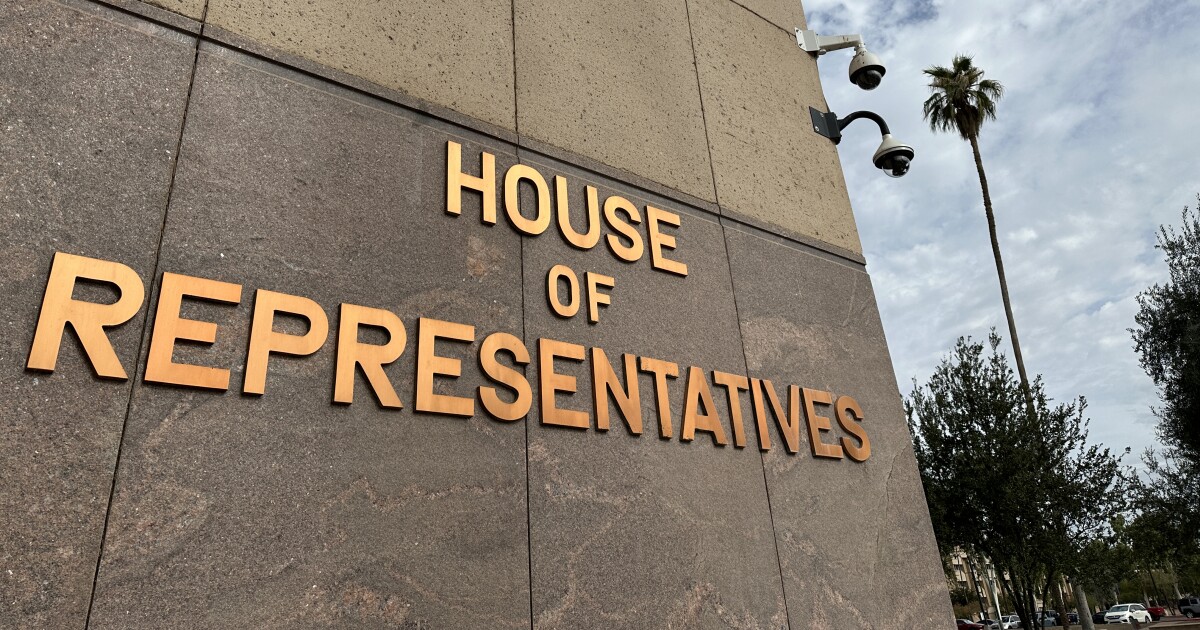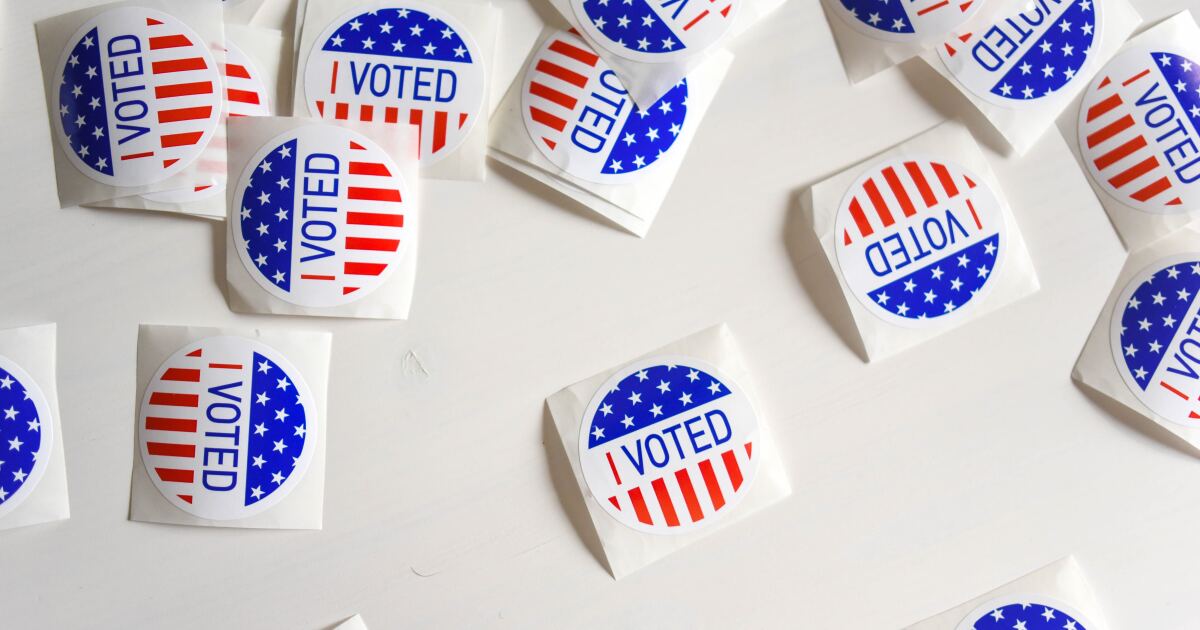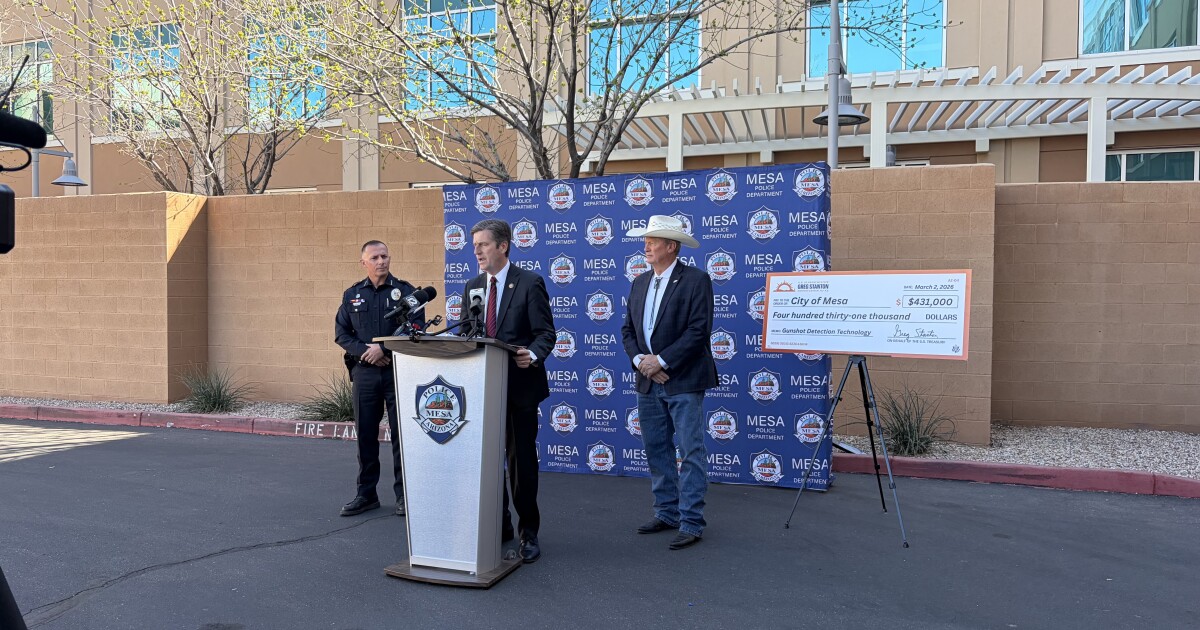In a significant decision impacting Arizona’s voter registration policies, Attorney General Kris Mayes has determined that tens of thousands of voters who have not provided documented proof of citizenship cannot be removed from the registration rolls. This ruling addresses a glitch in the data handling process that surfaced last year, linked to the Motor Vehicle Division’s (MVD) records.
The issue arose from a system error where individuals were incorrectly flagged as lacking the necessary proof of citizenship due to their driver’s licenses being issued before October 1, 1996—a date after which proof of citizenship became a requirement for obtaining a license in Arizona. Some licenses reportedly predated this requirement.
The Arizona Supreme Court had previously ruled that individuals affected by this discrepancy would be permitted to vote in the 2024 election. However, the broader implications of this decision remained unresolved until Mayes clarified that county recorders lack the authority to unilaterally cancel voter registrations based on non-response to citizenship proof requests. Cancellations can only occur if there is “affirmative evidence” of non-citizenship.
“County recorders may take steps to inquire whether the affected voters are U.S. citizens, including by asking them to provide satisfactory evidence of citizenship,” Mayes stated. She emphasized that a lack of response does not authorize automatic cancellation under current law.
Secretary of State Adrian Fontes, who requested the legal opinion, supported Mayes’ stance, noting, “The opinion stands for the notion that these folks have a right to vote.” Fontes highlighted that the burden of proof lies with the government, akin to other rights and accusations.
Howard Fischer/Capitol Media Services
This ruling follows a series of debates and revelations about the system’s shortcomings in verifying voter eligibility. The 1996 Arizona law required legal presence proof for licenses, while a 2004 law imposed citizenship proof for voter registration. Yet, due to miscommunications between systems, individuals with pre-1996 licenses were erroneously listed as having provided citizenship proof if they updated their licenses post-1996.
While election officials and the MVD have disagreed on where responsibility lies, the Arizona Supreme Court emphasized the necessity of protecting voters’ rights, especially when the error was not on their part.
The exact number of impacted voters remains uncertain, with estimates ranging from 98,000 to 300,000. Fontes noted the difficulty in determining a precise count, partly due to the variability in documentation retention by county recorders.
Even as Mayes highlighted the limits of recorders’ powers to retroactively cancel registrations, she clarified that new applicants must still provide proof of citizenship unless they are registering for federal elections, where such proof is not mandatory under the National Voter Registration Act.
Interestingly, the position of allowing affected voters to continue participating in elections was supported by both Mayes and Arizona Republican Party Chair Gina Swoboda. Swoboda remarked, “If the recorders have affirmative proof that one of the voters is a non-citizen, they may initiate a notice and cancellation process.”
—
Read More Arizona News

